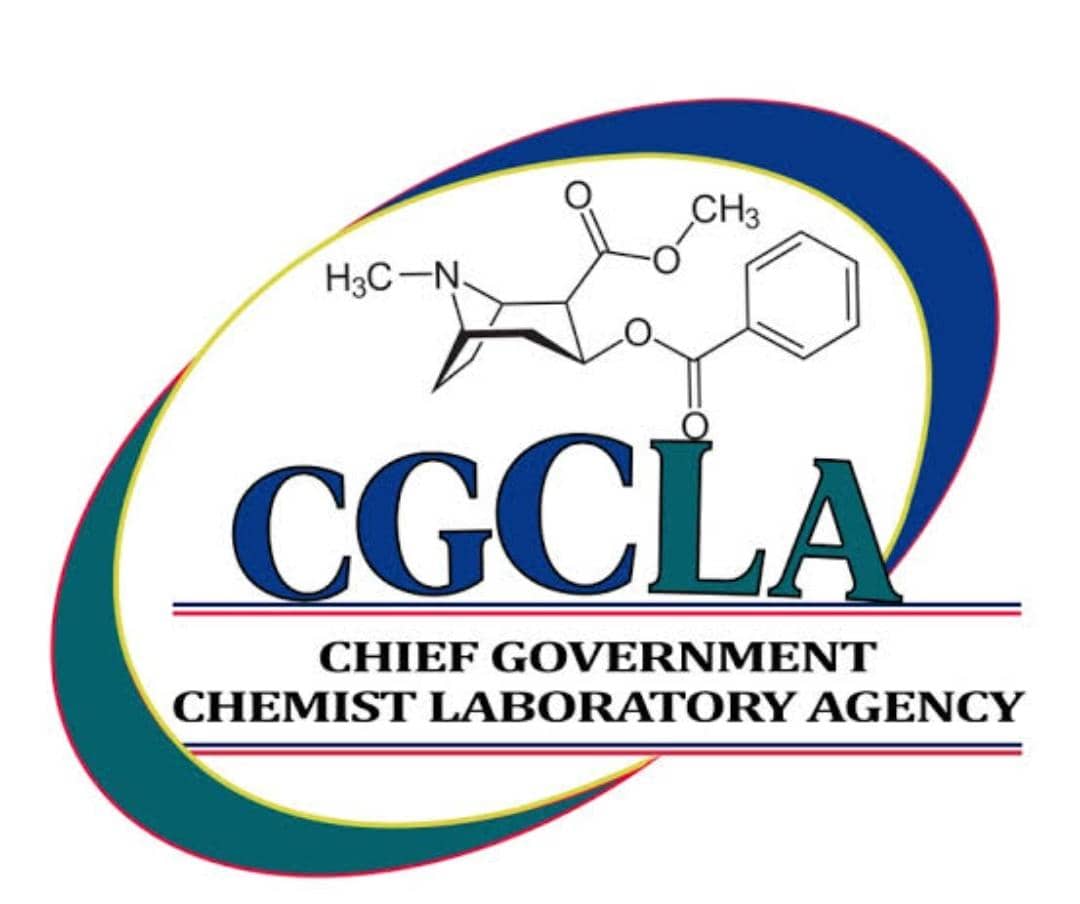The sample that arrives at the laboratory is commonly called the laboratory sample. This is then converted by a set of operations to the test sample, from which an analyst selects a test portion for an analytical determination. If the test portion is a particulate solid, it may be necessary to convert it to a solution. Set a laboratory policy for retention of each type of sample. Some samples can be quickly discarded and others may need to be retained for longer periods. Monitor stored samples and do not keep for longer than necessary, as refrigerator and freezer space may be limited. Sample freeze/thaw cycles must be monitored, as samples may deteriorate under these conditions.
The chemical Inspectors Coordinate, manage and control the import, production, transportation, dealing, storage and disposal of chemicals; The Chemicals Inspection services and also has the decision to propose recommendations, guidelines and measures to improve chemical safety, thus ensuring protection of public health and the environment surrounding at Zanzibar. Its inspectors offer professional assistance to legal and natural persons, including, where necessary, for the purpose of complying with applicable laws and regulations.
Analysis services are used to determine material composition or element makeup of your metals and other materials. The analytical testing laboratory services performed by the chemists include instrumental like microscopy, FTIR analysis and more. All analytical testing meets acceptable standards.





 UNODC For Forensic Chemistry Lab PT
UNODC For Forensic Chemistry Lab PT
 CTS For DNA Lab PT
CTS For DNA Lab PT
 TBS For Food and Pharmaceutical lab PT
TBS For Food and Pharmaceutical lab PT
 KEBS For Food, Chemical and Environment lab PT
KEBS For Food, Chemical and Environment lab PT